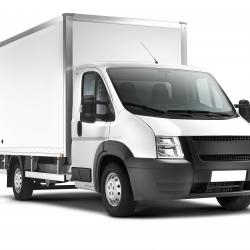
In an article published by CCJ this week, the University of Michigan Transportation Research Institute (UMTRI) conducted a study among 618 U.S. licensed drivers 18 years and older to assess the public’s perception of autonomous vehicle technology. Nearly 46% said they weren’t into vehicle automation at all. Another 39% said they could stomach the idea of partial vehicle automation. Only 15.5% of respondents said they were on board with full vehicle automation.
CCJ’s Jason Cannon wrote, “If 85% of respondents want nothing to do with autonomous cars, it shouldn’t come as a surprise that even more want nothing to do with self-driving heavy trucks.” Further, while the study covered the countries of China, India, Japan, U.S., U.K. and Australia, it was the U.S. respondents who expressed the greatest concern with sharing the highway with self-driving Class 8 trucks.
This comes at the same time that Consumer Watchdog poses “10 tough questions” for Google’s self-driving car program. Despite concerns from the public and consumer groups, it appears the move toward fast-tracking this technology continues. In March 2016, Daimler announced that global road freight is projected to triple by 2025, and as a result, some of the technology being developed around autonomous trucks is a part of the Daimler roadmap. Platooning, dubbed Highway Pilot Connect by Daimler, where trucks travel in a pack with reduced following distance, is reported to decrease emissions and improve the combined fuel efficiency of the platooned vehicles by as much as 7%.
In an industry whose number one variable expense is fuel, that’s an attractive promise of savings sure to continue to fuel interest in this technology.